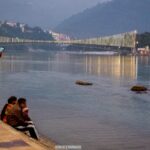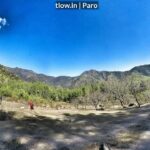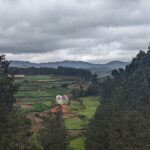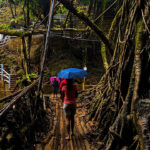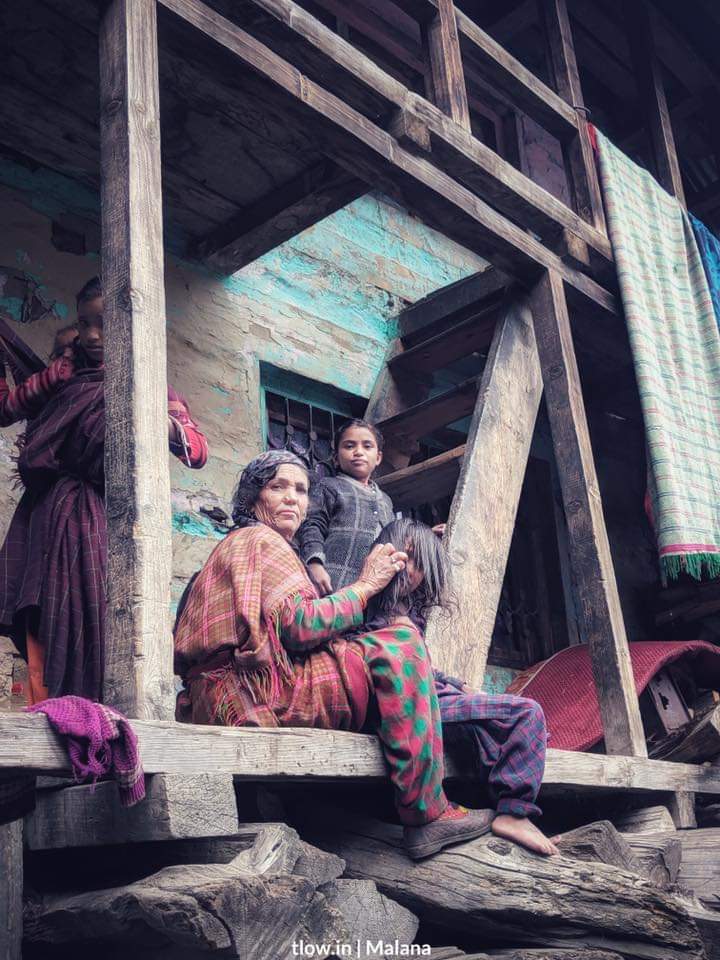
0
10 Fun facts about Malana, Himachal Pradesh
Malana is considered as ‘one of the oldest democracies’ in the world. The villagers believe that they have pure Aryan genes and that they are descendants of Alexander the Great’s soldiers. The locals claim it to have a well-organised parliamentary system, guided by their devta Jamlu Rishi.
1. Location
- Malana is an ancient Indian village in the state of Himachal Pradesh. This solitary village in the Malana Nala, a side valley of the Parvati Valley to the north-east of Kullu Valley, is isolated from the rest of the world. The peaks of Chanderkhani and Deo Tibba shadow the village.
2. Altitude
- It is situated on a remote plateau by the side of the torrential Malana river, at a height of 2,652 metres (8,701 ft) above sea-level.
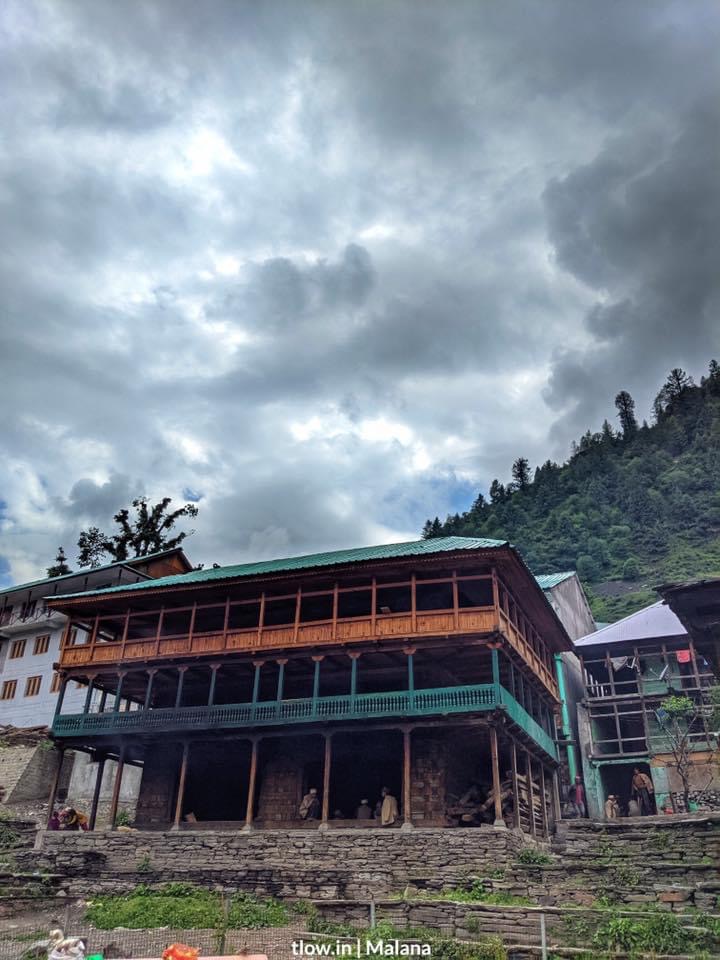
3. Connectivity
- The most common way to reach Malana is from Jari. Take a direct Volvo or an HRTC bus from Delhi to Bhunter, preferably an overnight journey and reach Bhuntar by morning. Use local transport and board a bus to Kasol. Once you reach Kasol, hire a private jeep or a taxi to Malana because beyond Jari you won’t find any public transport to Malana. So, it wouldn’t be wise to get down in Jari. The jeep or taxi you would hire will leave you till the gates of Malana and the remaining journey will consequently be on foot, It’s just around 4 kms hike to Malana from this point.
4. Documentaries
- Malana has been the subject of various documentaries, including Malana: Globalisation of a Himalayan Village and Malana: A Lost Identity.
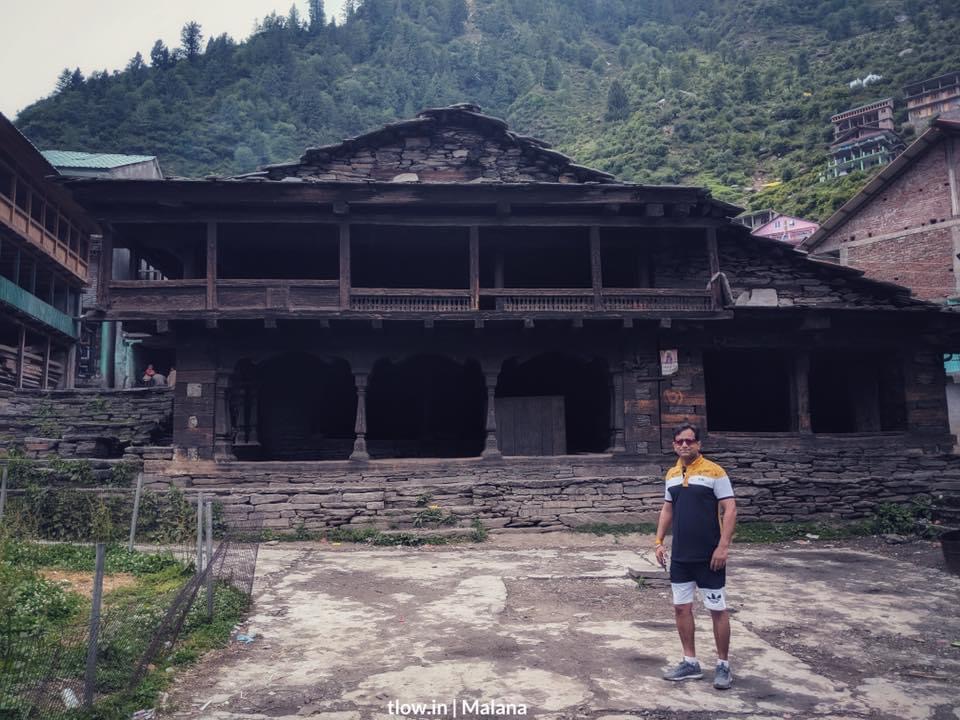
5. Language
- The residents of Malana speak Kanashi/Raksh (supposedly the dialect of devils residing there long ago), which is understood only by the villagers. Kanashi, the language of Malana, does not resemble any of the dialects spoken in its neighbourhood but seems to be a mixture of Sanskrit and several Tibetan dialects. Ethnology, citing a reference from 2002, classifies Malana as a Tibetan-Burmese language, rather than as a member of the Indo-European languages and notes that Kanashi has “no intelligibility with any Tibeto-Burman languages of Lahul-Spiti and Kinnaur” and that Malana is surrounded by Indo-Aryan language speaking populations.
6. Malana cream
- Malana is famous for its “Malana Cream”, a product made from cannabis plants which grow in Parvati Valley. Malana cream is regarded as high purity hash.
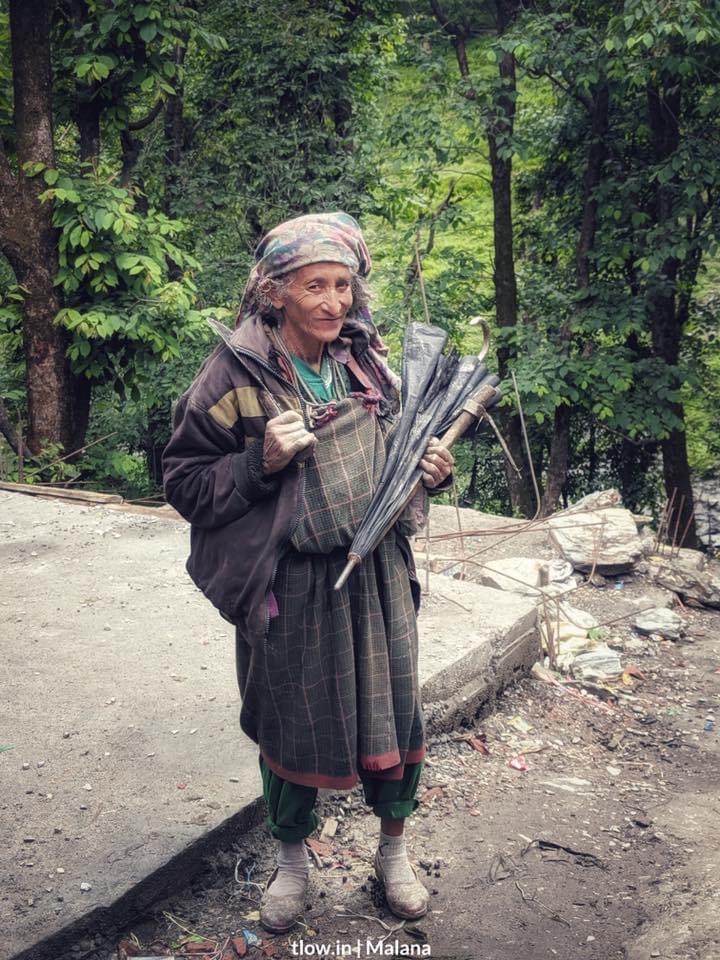
7. Role of Malani Women
- In the village of Malana, all work is done by women like cooking food, working in field, harvesting, cutting, selling, etc and men only chill by sleeping and smoking hash.
8. Untouchables
- One cannot touch them or their belongings without their permission. The people are friendly but outsiders are told to keep distance and not touch anything in the village. The shopkeepers will ask you to keep the money on the counter and place the goods on the counter, without any physical contact. In case of any contact, they will rush for a bath.
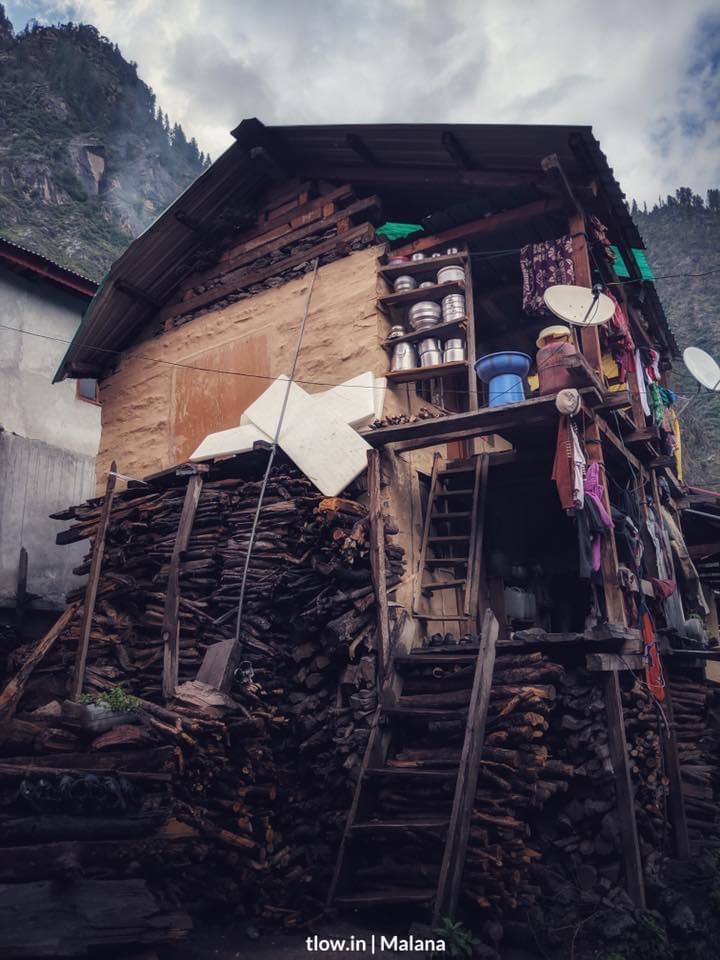
9. Village Rules
- In addition to the taboo on physical contact and use of Kanashi by an outsider, there are many other restrictions. According to village rules, fixing nails on a tree is prohibited as that could damage the tree. Burning wood is also prohibited in the forests of Malana. Only dry twigs and branches are permitted to be carried outside the forest.

10. Hunting rules
- Hunting of wild animals is not allowed without the permission of the village council that too only during specific periods of the year. In case wild animals attack the herds of sheep and goats of the villagers, the hunters are sent from the village to the pastures to kill them. And if a bear is killed, the hunter is rewarded but has to deposit the fur in the Bhandara of the Devta. Police intervention is not allowed, but if the accused wants to seek the help of police he has to pay a fine of Rs 1000/- to the village council.
–>For a similar experience, >>Click here
–>To plan a trip to Himachal Pradesh, >>Click here




